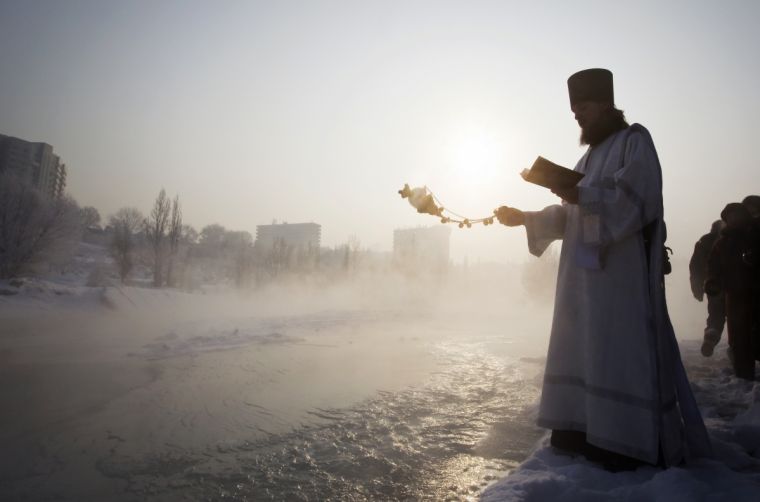Kazakh woman found not guilty after being charged over downloading Bible on her phone
A court in Kazakhstan has acquitted a woman charged with illegal missionary activity after she showed another person how to download the Bible on a smartphone, Radio Free Europe and Radio Liberty reported.
Dilobarkhon Sultanova was found not guilty by the South Kazakhstan Regional Court, in the city of Shymkent on March 13.

Sultanova had been charged in January after she demonstrated to a woman she had met at the New Life Protestant church in December how to download the Bible on her smartphone. The woman later filed a complaint to the local police against Sultanova, accusing her of propagating Christianity illegally.
Kazakhstan has a multi-ethnic population of almost 18 million, with a Muslim majority and a large Russian Orthodox minority.
Despite the fact that freedom of religion is guaranteed by the constitution, there have been several cases where followers of religions that are considered 'nontraditional' have been given prison sentences after being charged with inciting discord or conducting illegal missionary activities.
In January this year, Christian Today reported on how Christians, Muslims and Jehovah's Witnesses have been subject to increasingly punitive restrictions on religious freedom in Kazakhstan, with the European Evangelical Alliance warning that the state is redoubling its crackdown on 'unauthorised' faith, prompting 'extreme concern' among religious locals.
In 2017, the Kazakh state reportedly made 279 prosecutions targeting religious groups for crimes such as meeting for worship, sharing or importing religious literature in person or online, and praying in private settings.
New amendments to Kazakh law are expected only to expand current restrictions, effectively barring any expression of religion not aligned with officially state-approved religious guidelines, according to Forum 18. This includes, for example, a ban on meeting for religious assembly in private such as for Bible study groups.











